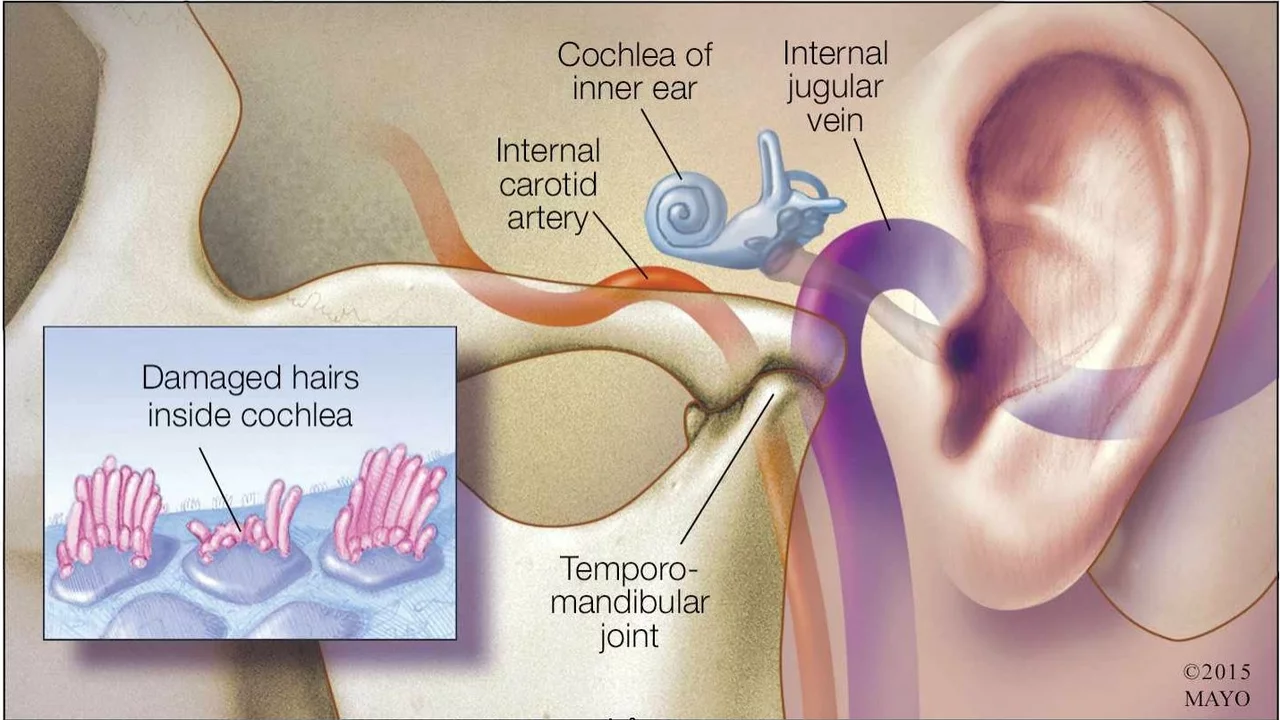Ringing in Ears: Real Causes, Relief Tips, and What Actually Helps
That high-pitched noise in your ears—the one nobody else can hear—can drive you up a wall. This ringing, called tinnitus, shows up for all kinds of reasons. Maybe you were front row at a concert, maybe you started a new medication, or it just showed up out of the blue one morning. Either way, it’s more common than you’d think.
Tinnitus isn’t a disease on its own—it’s a symptom. Ear infections, too much earwax, age-related hearing loss, even certain meds (like some antibiotics or blood pressure meds) can kick it off. Stress, caffeine, and loud noise also love to make it worse. Sometimes it’s quiet and just an annoyance at night, other times it roars. If it doesn’t quit, it’s worth getting your ears checked by a doctor. Sometimes it can be a sign of something more serious, so don’t just brush it off, especially if it’s sudden, only in one ear, or comes with dizziness.
Now, relief—most people just want the ringing to stop or chill out. There’s no one-size-fits-all fix, but there are ways to get a handle on it. For some, simple lifestyle changes make a difference. Lower the volume on your headphones, avoid loud events without ear protection, and maybe skip that extra coffee. If you’re on a medication linked to ringing in the ears, talking with your doctor about options or dose changes can help.
Managing stress matters more than you’d guess. Stress ramps up tinnitus, and tinnitus ramps up stress—a brutal loop. Mindfulness, exercise, or even a quick walk around the block can dial down your reaction to the noise. Some people find background sound helps. A white noise machine, soft music, or even a fan at night can drown out the ringing long enough for you to focus or get to sleep.
Some medications and supplements get advertised for tinnitus relief—think Ginkgo biloba, zinc, or certain prescription options. But be careful. Research here is shaky, and what works for one person rarely works for everyone. Always double-check with your doctor before trying out a new pill, vitamin, or supplement (especially if you take other meds).
Hearing aids sometimes help, especially if you also have a bit of hearing loss. They make outside sounds louder, which makes the ringing less obvious. In severe cases, a specialist might suggest sound therapy, counseling, or treatments like CBT (cognitive behavioral therapy)—not to cure tinnitus, but to make it less frustrating.
If you want practical insight about medication side effects and new research around ear health, keep an eye on drugrevenue.su. We break down what science really says, so you’ll know what’s worth your time and what’s just hype.
Nifedipine and Tinnitus: Can it Cause Ringing in the Ears?
In today's blog post, we delved into the link between Nifedipine, a common medication for heart and blood pressure issues, and tinnitus, which is characterized by a persistent ringing in the ears. It appears that while Nifedipine is crucial for some patients, it can also potentially lead to tinnitus in certain circumstances. However, the correlation isn't definite and depends on individual health profiles and response to medication. Always consult with your healthcare provider before making any changes to your medication regimen. Remember, the aim is to balance effective treatment with minimal side effects.
